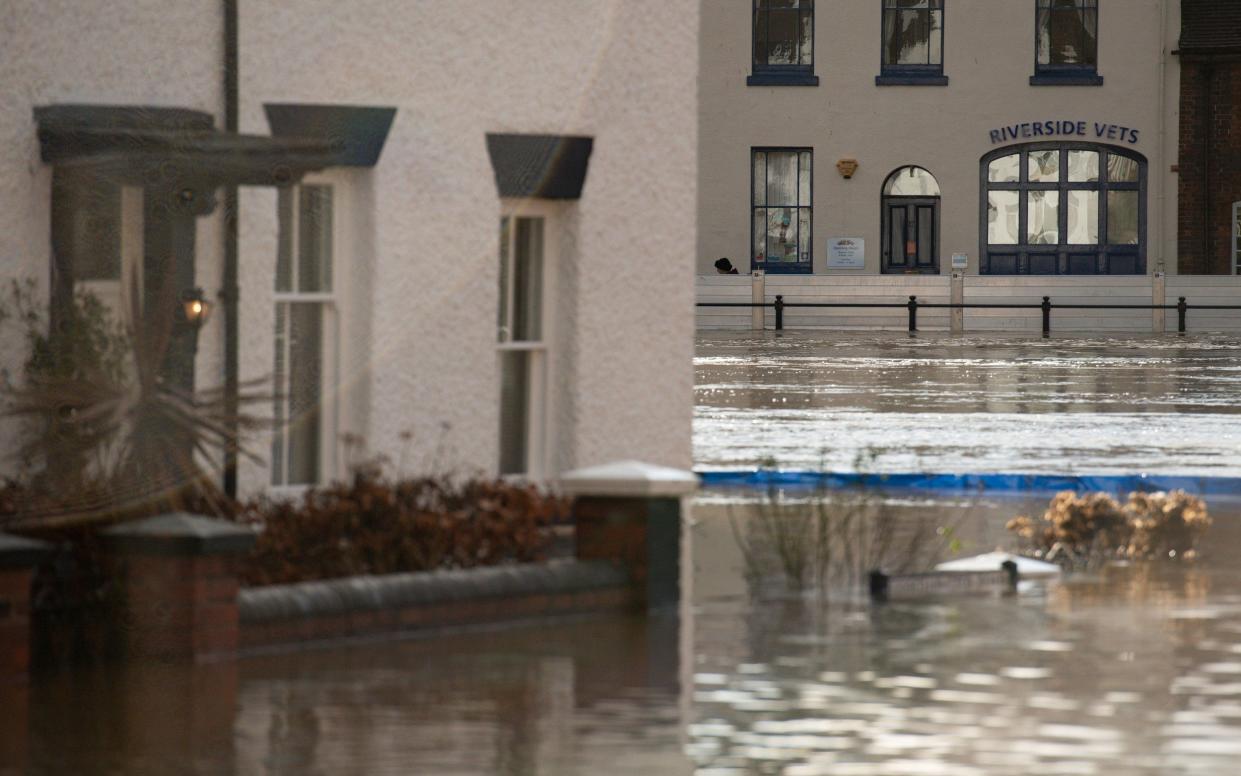'Eco distress' on the rise as psychiatrists see more patients with worries about the planet

The number of people visiting psychiatrists with concerns about the planet is on the rise, as the Royal College of Psychiatrists labels the phenomenon "eco-distress".
In a new paper published today, the UK's professional body for psychiatrists warned that climate change is "exacerbating existing mental health problems and leading to psychological distress and the onset of new episodes of mental illness".
Even people not directly affected by the effects of climate change, such as flooding or displacement, can suffer from intense emotions caused by knowledge about extreme weather events happening elsewhere, the Royal College said.
"Witnessing such climatic events has been tied to a range of emotions which although not indicative of illness leave a psychological wake.
"The increased use of terminology such as ‘eco-distress’ (as well as ‘climate grief’, ‘ecological grief’ and ‘solastalgia’), reflects a growing recognition of this emerging issue," the paper says.
Eco-distress "should not be pathologised and is not a mental disorder, and it should be considered a meaningful response to the climate and ecological emergencies," it adds.
Psychiatrists see a spike in mental health issues during periods of hot weather, with several studies finding that heatwaves can be associated with a rise in hospital admissions and suicides.
Dr Lisa Page, associate registrar for sustainability at the Royal College of Psychiatrists, said: “The knock-on effects of climate change and biodiversity loss will be felt on people’s mental health. We already see difficulties during heat waves.
“Many patients with serious mental illness experience worse physical and mental health on hotter days, polluted air has been linked to excess deaths and flood events with PTSD."
The College's decision to declare a climate emergency follows earlier declarations by the Royal Colleges of GPs and of Emergency Medicine.
It plans to add teaching about the climate crisis and its impact to the student curriculum and promote preventative psychiatry to make healthcare more sustainable.
Dr Adrian James, president of the Royal College of Psychiatrists said: “The climate and ecological emergency is a mental health emergency. Our mental health is entwined with the health of our natural world.
“We have no choice but to join the voices of those who are calling for urgent action and declare a climate and ecological emergency to avert a health and mental health catastrophe.”

